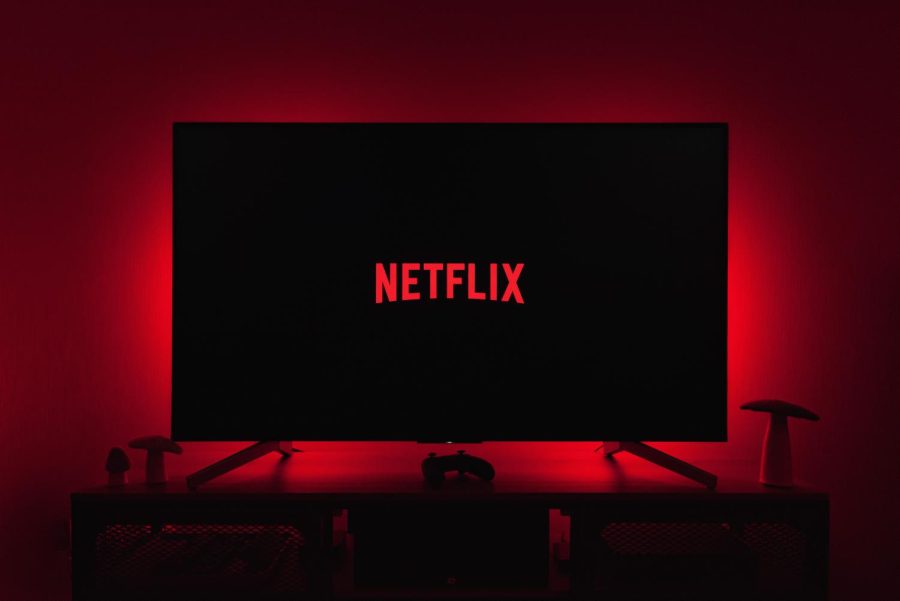Netflix: Why is it Failing and How Can it be Saved
May 25, 2022
Netflix, one of the most well known and popular streaming services, has been taking hit after hit to their financials. Within their first quarter of this year, they’ve announced that they lost almost 200,000 subscribers to the platform, causing their shares in the stock market to lose 35% of their total value. To combat this issue, current Netflix co-CEO, Reed Hastings, mentioned that the company would crack down on password sharing and adapt the platform to be more based around ads. This was met with great outrage, as people would now be more willing than ever to leave the platform if these changes are implemented.
Back in 2016, Hastings claimed that password sharing was just “something you have to learn to live with,” which is a staunchly different stance than what his plans are now. The technology needed to prevent people from sharing passwords is already quite hard to code in, and could mess with those trying to stream various shows on multiple devices. Netflix has also always been loved for its ability to stream large amounts of content without ad interruptions, making some prefer it over other online platforms like YouTube or Twitch. If the streaming service becomes an ad-friendly platform, it is entirely possible for their company to tank even further, requiring a bailout by selling some of their most popular shows, like Squid Game or Stranger Things. Many people who love using the service but are sad about the new changes have decided to send in ideas for Netflix to implement, with some being able to potentially revive it before it closes down for good.
Strategies sent in range from diversifying content by offering it to be exclusively streamed on other platforms to changing Netflix’s release schedule by slowing the release of episodes to increase viewer retention. One such popular idea is to spend more on advertising new content and changing the structure of the home screen to feature upcoming hits; this can get more people excited about soon-to-release shows, thereby keeping them on the platform for longer and getting more subscribers overall. While Netflix does have a featured home screen, it is long outdated and can be changed to show new top of the charts films and television shows Pairing this with a heightened analysis of investing in a specific movie or television show’s fanbase can get viewers talking to each other about the inner meanings and themes of the film will achieve large amounts of success, as communities talking about a new update to their favorite fandom is practically free advertising which should draw in even more viewers as time goes on.
Another aforementioned idea involves copying what successful streaming services like Disney+ and HBO Max have done. For example, redesigning how to properly release something. These entertainment giants only release one episode per week for a predetermined amount of time, getting people to pay more attention to each new piece of content. This not only gets people talking but additionally allows for longer production deadlines, meaning costs can go down and seasons can last longer.
Freshman Nathan Greif commented on these ideas, thoughtfully considering each one. He mentioned that he thought the slowing of episodes would be “especially helpful in emphasizing the plot” of various shows, and that he’s very “agitated by the idea of getting rid of password sharing.” He shares this opinion with others, as they want to see one of their favorite streaming services succeed but don’t want it to be at the cost of the viewer.
Another person that believes in a similar idea is freshman Rogers Yu, who decided to share his thoughts. “I really wish that Netflix would be easier to navigate, as it’s hard for me to find new shows to enjoy with the current structure. I wish Netflix the best!”
Netflix is definitely in some deep trouble, but can work with their community to try and salvage something out of the rubble. There’s something to save, they just have to do it in the right way.
Photo Courtesy of UNSPLASH

